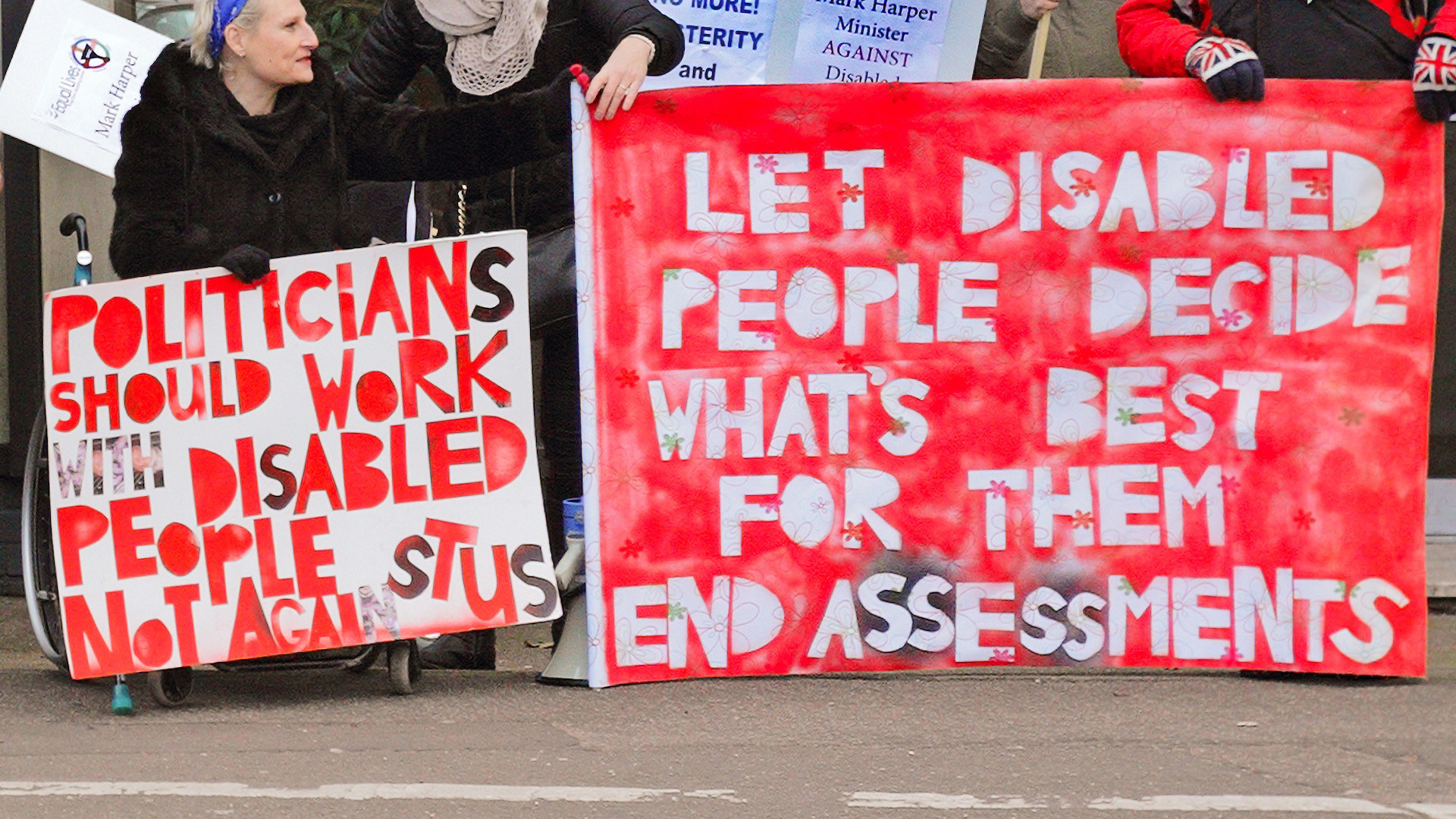UK High Court Declares DWP Disability Benefit Consultation Unlawful
The Department for Work and Pensions (DWP) consultation on proposed changes to disability benefits has been declared unlawful by the High Court in a significant ruling. The decision, delivered on January 16th, 2025, follows a judicial review brought by disability activist Ellen Clifford, who challenged the legitimacy of the consultation process. The ruling has significant implications for hundreds of thousands of disabled individuals across the UK.
Misleading, Rushed, and Unfair: The Judge's Verdict
In his judgment, Mr. Justice Calver delivered a scathing assessment of the DWP's consultation, labelling it “misleading”, “rushed”, and “unfair”. The judge's criticism centered on several key aspects. Firstly, the consultation documents failed to adequately highlight the substantial financial losses facing those affected by the proposed reforms. The consultation materials omitted to clearly state that 424,000 disabled people would experience lower benefit rates, with many facing reductions of at least £416.19 per month. This lack of transparency was deemed unacceptable, given the potentially devastating impact on vulnerable individuals.
The judge further criticized the consultation's misleading presentation of the proposed changes as primarily designed to support disabled people into employment. The court found evidence suggesting that cost savings were, in fact, a central motivation behind the reforms, a fact not clearly communicated to participants. This lack of transparency undermined the integrity of the consultation process.
Finally, Mr. Justice Calver ruled that the eight-week consultation period was insufficient given the complexity and far-reaching consequences of the proposed changes. The brevity of the timeframe prevented meaningful engagement and deprived disabled individuals of a fair opportunity to express their concerns.
Impact Assessment and Vulnerable Groups
The court also considered evidence from internal DWP documents, which revealed the potential impact of the proposed cuts on vulnerable groups. One internal estimate projected that 100,000 highly vulnerable disabled people would be pushed into absolute poverty by 2026/27 as a direct result of the cuts proposed in the consultation. This information, not shared with the public during the consultation, underscores the seriousness of the court's concerns about the fairness and transparency of the DWP’s process.
Voices of Concern and Advocacy
The ruling has been welcomed by numerous disability advocacy organizations and legal representatives. Ellen Clifford, the claimant in the judicial review, expressed relief that the court recognized the severity of the situation. She emphasized the “life-or-death issue” at stake, stressing the potential for the proposed cuts to drive vulnerable individuals into poverty and further deteriorate their mental health. She urged the government to prioritize the well-being of disabled benefit claimants and to commit to fair and lawful consultation processes in the future.
The Public Law Project, representing Clifford, also expressed satisfaction with the court's decision. They highlighted the crucial role of public consultations in state decision-making, emphasizing the need for conscientious engagement, particularly when impacting marginalized groups. They stressed the importance of giving affected individuals a fair opportunity to voice their concerns on policies with potentially profound consequences.
Other disability rights groups, including the UK DDPO CRPD Monitoring Coalition, Inclusion London, and Disabled People Against Cuts, also echoed these sentiments, praising the ruling and urging the government to scrap the proposed reforms and commit to genuine co-production with disabled people and their organizations on future policy making that affects their lives. The Public and Commercial Services Union further added their voice, stating that the flawed consultation must lead to scrapping of the proposed changes to the Work Capability Assessment.
The Road Ahead: Government Response and Future Reforms
The High Court judgment does not automatically prevent the government from implementing the proposed changes. However, it renders the existing consultation process invalid. This places the government in a challenging position. While the Labour government is committed to achieving financial savings within the social security system, it must now re-engage with the affected communities through a legally compliant and transparent consultation process. Failing to do so risks further legal challenges.
The ruling highlights the government's obligation to ensure that any future reforms are developed through a process that is both fair and respects the rights of disabled individuals. The judgment serves as a stark reminder of the importance of meaningful engagement and transparency in policymaking, particularly when impacting vulnerable populations. The government is currently expected to re-consult on the WCA descriptor changes while addressing the shortcomings of the previous consultation in light of the judgement. The government is committed to delivering savings in line with the forecasts. The long-term implications of this legal challenge remain to be seen, but it undoubtedly underscores the need for more inclusive and ethical policy-making within the social security system. The future will depend on how the government responds to this significant ruling and what steps they take to develop a social security system that genuinely works for all.
The need for a more comprehensive and compassionate approach to disability benefits is clear. The government should engage in a thorough review of the entire system to ensure it provides adequate support for those who rely on it. The focus should not only be on fiscal sustainability, but equally on ensuring the dignity and well-being of disabled people. Any future proposals should result in a fairer and more inclusive system that supports disabled individuals' independence and quality of life.
This ruling is a significant victory for disability rights campaigners who have long advocated for a fairer and more transparent system. It demonstrates the potential for legal challenges to effect meaningful change and highlights the importance of holding policymakers accountable for their actions. The case also underscores the vulnerability of disabled individuals in the face of government policy and the crucial role of advocacy groups in protecting their rights. Let us hope that this landmark decision will mark a turning point toward a more just and equitable approach to disability benefits in the UK. This will pave the way towards inclusive policy-making that prioritizes the well-being and dignity of disabled individuals.

















